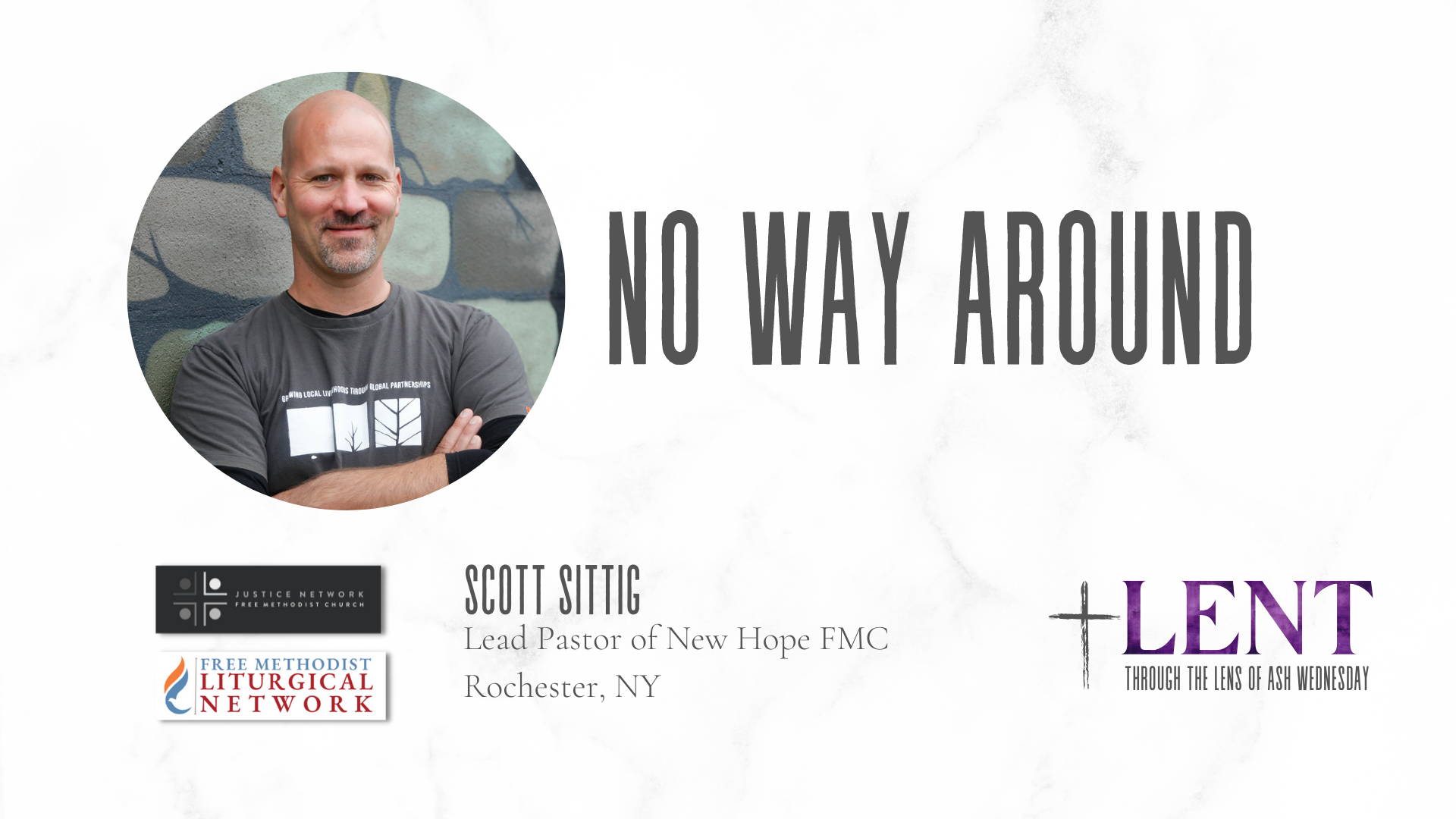
“Where are you, God?” Most recently I spoke these words through tears of anguish while sitting in a small chapel at Mt. Sinai Hospital on the Upper East Side of Manhattan. My wife was being wheeled in for another MRI on her bleeding brain after a failed surgical attempt to remove a tumor. Now in excruciating pain, experiencing constant nausea, we found ourselves in the midst of the unknown, and God felt incredibly distant.
Questions abound in these moments. All I wanted was the assurance of His presence. Was our trial a sign in any way of our disobedience? Or had we taken too much for granted and not “done all we could” to prepare for this type of moment? What made me think that God was actually distant?
These kinds of questions litter the history of the church. The Psalmist cries out, “My God, my God, why have you forsaken me? Why are you so far from saving me, so far from my cries of anguish? My God, I cry out by day, but you do not answer, by night, but find no rest” (Ps. 22:1-2). Jesus echoes this Psalm from the cross. Jesus, the sinless one! And we could recount numerous others that are included in the great hall of faith who have questioned God’s intentions, His whereabouts in times of trouble, and even His goodness.
Martin Luther, the great reformer, was one who spoke of the cruciform Christ. At the center of this idea was the hiddenness of God. The image he conveyed was one of God not being visible except on the other side of the cross. In other words, you have to look through the cross of Christ to find God. There’s no other way. The shame, pain, and seeming abandonment of Jesus to the cruelest of human afflictions was the hallmark of our God of Love. And we’re left to ponder: How can this be?
Our God of justice and righteousness, our God of unfailing love: Our God who sees the poor, the afflicted, the lonely, the oppressed is the God who showed us the way to Himself through His Son on the cross. And we’re left to simply press in, much as Jesus himself did, by saying, “Nevertheless, not my will but yours be done” (Matt. 26:39b). Paul, echoing the great prophet Isaiah, declares to the Romans, “Who has known the mind of Lord? Or who has been His counselor?” (Rom. 11:34).
These kinds of questions frame the season of Lent. The cross reminds us of the great pains God took to stand in solidarity with us in this world where injustice and unrighteousness abound. Though hidden behind the cross, God remains ever accessible and available. Jesus promised He would never leave us or forsake us. Therefore we don’t lose heart. We press in. We say to our soul, “Why are you so downcast? Why so disturbed within me? Put your hope in God, for I will yet praise him, my Savior and my God” (Ps. 42:5).
And then we wait. In the discomfort of systems that need to change. In the discomfort of broken relationships. In the discomfort of the injustices surrounding us, our families, our institutions. This season of Lent reminds us that God stands with us, through His Son, and the way forward is through the cross. Lent also reminds us that because of Christ, we can and will stand with each other as we wait upon the Lord and put our hope in Him.
The redeeming image for me in the days that followed my heart’s cry in that chapel was the testimony of my wife that God’s hands were holding her in that uncomfortable hospital bed. As thoughts and prayers poured in from our friends and family, I read each one to her. She told me later they brought her so much comfort and it truly felt like God was holding her. I came to realize that while I was searching for God in a quick answer to my prayers for relief from the pain, God was tangibly present with us the entire time. And His presence was best seen and understood through the people that rallied around us and stood in solidarity with us. It was a picture of community that is seared into my heart and one that I’ll never forget. It was a picture of the beloved community in real-time, and I only recognized it (and His loving presence) on the “other side” of our pain.

Scott Sittig has the privilege of serving as the Lead Pastor of New Hope Free Methodist Church. He loves living in the historic Maplewood Park neighborhood of the City of Rochester, NY. He’s been happily married for more than half of his life (28 years) and has been blessed to have five children. He and his wife are also proud grandparents to their son and his wife’s newest bundle of joy. Rounding out their family are 1 dog and two cats (not counting the occasional bird or bat that flies around their attic). He’s been involved in urban and youth ministry since his college days. Scott is a sports enthusiast who stays active coaching his remaining boys at home in multiple programs. He also loves to work out, hike, and kayak.
